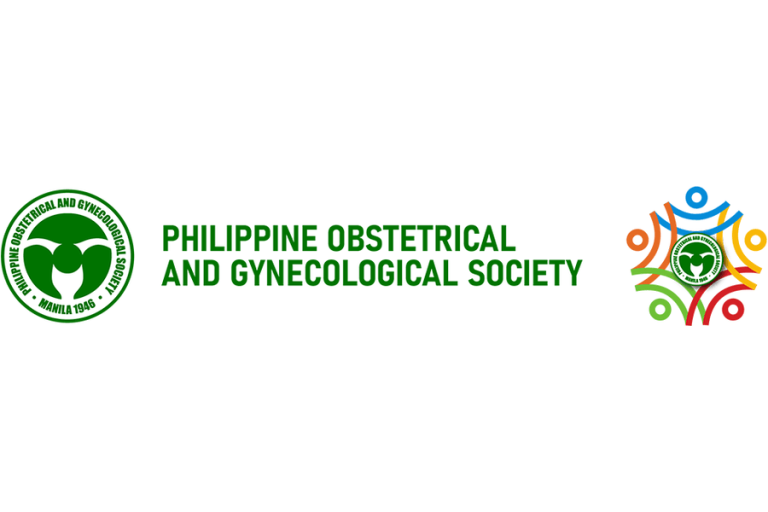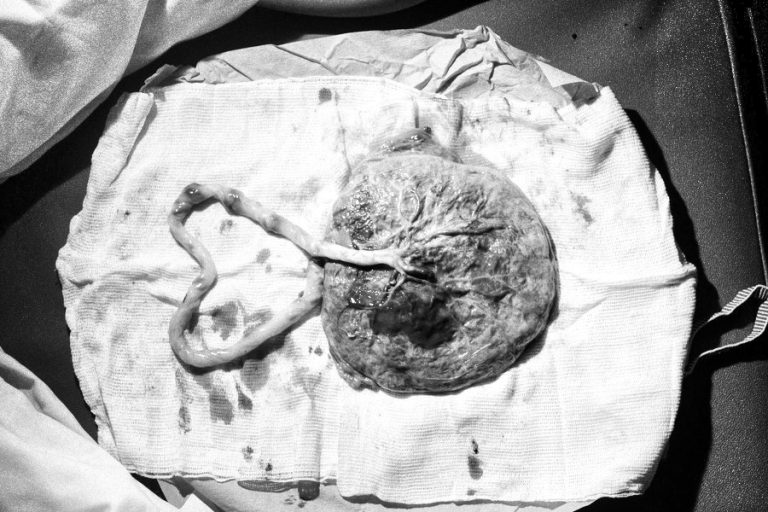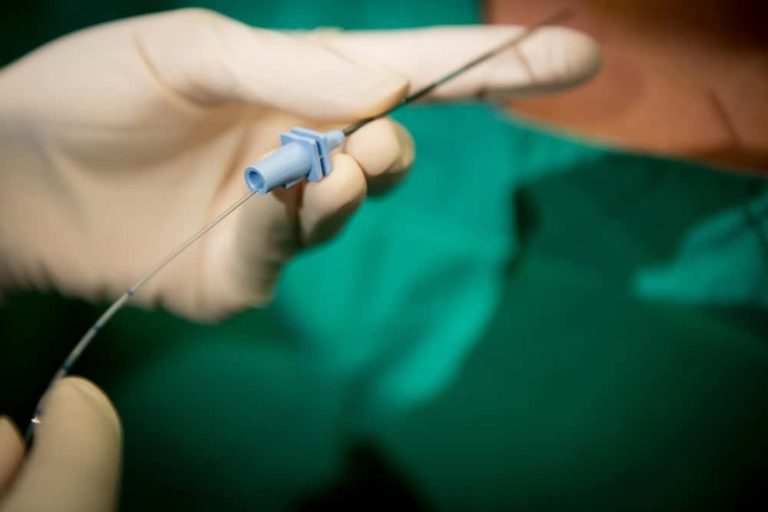Understanding Polycystic Ovarian Syndrome (PCOS): Causes, Symptoms, and Treatments
Polycystic Ovarian Syndrome (PCOS) is one of the most common hormonal disorders affecting women of reproductive age, yet it remains widely misunderstood and underdiagnosed. With up to 1 in 10 women affected globally, PCOS can have profound effects on menstrual health, fertility, physical appearance, and long-term metabolic health.
In this blog post, we’ll break down what PCOS is, explore its causes and symptoms, and examine the most effective treatments and lifestyle strategies.
What Is PCOS?
Polycystic Ovarian Syndrome is a complex hormonal condition characterized by:
-
Irregular or absent ovulation
-
Elevated levels of androgens (male hormones like testosterone)
-
Multiple small cysts on the ovaries (seen via ultrasound in many, but not all, cases)
These features can vary greatly between individuals, which makes diagnosis and treatment highly personalized.
Common Signs and Symptoms
PCOS manifests differently from woman to woman, but the most commonly reported symptoms include:
-
Irregular or missed periods
-
Excess facial and body hair (hirsutism)
-
Acne or oily skin
-
Weight gain or difficulty losing weight
-
Hair thinning or hair loss on the scalp
-
Ovarian cysts
-
Infertility or difficulty conceiving
-
Darkening of the skin (especially along neck creases or under breasts)
-
Skin tags
Many women also experience emotional and psychological effects, such as anxiety, depression, or low self-esteem.
What Causes PCOS?
The exact cause of PCOS is unknown, but several factors are believed to play a role:
1. Insulin Resistance
Up to 70% of women with PCOS have insulin resistance, meaning their cells don’t respond well to insulin. This can lead to higher insulin levels, which stimulate the ovaries to produce more androgens.
2. Hormonal Imbalance
Women with PCOS often have higher-than-normal levels of androgens, disrupting ovulation and contributing to acne and excessive hair growth.
3. Genetics
PCOS often runs in families, suggesting a genetic component.
4. Inflammation
Low-grade chronic inflammation is common in women with PCOS and may play a role in increased androgen production and other metabolic disturbances.
How Is PCOS Diagnosed?
There is no single test for PCOS. Doctors typically use the Rotterdam criteria, which require two out of the following three features for a diagnosis:
-
Irregular or absent ovulation
-
High androgen levels (measured by symptoms or blood tests)
-
Polycystic ovaries on ultrasound
Other conditions that mimic PCOS, such as thyroid disorders or adrenal gland abnormalities, must be ruled out.
Long-Term Health Risks
PCOS is more than a reproductive issue—it’s a lifelong health condition that can increase the risk of:
-
Type 2 diabetes
-
High blood pressure
-
Heart disease
-
High cholesterol
-
Sleep apnea
-
Endometrial cancer
-
Depression and anxiety
This makes early diagnosis and ongoing management essential.
Treatment Options for PCOS
1. Lifestyle Modifications (First-Line Treatment)
-
Diet: A balanced, anti-inflammatory diet (rich in whole foods, lean protein, and healthy fats) can help regulate blood sugar and reduce insulin resistance.
-
Exercise: Regular physical activity improves insulin sensitivity and supports weight management.
-
Weight Loss: Even a 5–10% reduction in body weight can restore ovulation and improve symptoms.
2. Medications
-
Birth Control Pills: Regulate menstrual cycles and reduce androgen-related symptoms like acne and hirsutism.
-
Metformin: Helps manage insulin resistance and can improve menstrual regularity.
-
Anti-Androgens (e.g., spironolactone): Reduce excessive hair growth and acne.
-
Fertility Treatments: Clomiphene, letrozole, or assisted reproductive technologies (like IVF) may be used to induce ovulation.
3. Cosmetic Treatments
-
Hair removal options (laser, waxing, electrolysis)
-
Dermatologic treatments for acne
PCOS and Fertility
Many women with PCOS struggle with infertility due to irregular ovulation. However, PCOS is treatable, and many women go on to have healthy pregnancies. Weight loss, medication, and fertility treatments can all improve the chances of conception.
PCOS in Adolescents and Teens
Diagnosing PCOS in teens can be challenging because irregular periods are common after puberty. However, persistent signs of androgen excess (like severe acne or excessive hair growth) warrant medical attention.
Living With PCOS: A Holistic Approach
Managing PCOS is not just about treating symptoms—it’s about taking a whole-body approach that includes:
-
Mental health care
-
Stress management (e.g., yoga, mindfulness)
-
Support groups or counseling
-
Regular monitoring for diabetes, cholesterol, and blood pressure
With the right support, many women with PCOS can lead vibrant, healthy lives.
Myths and Facts
| Myth | Fact |
|---|---|
| PCOS always causes infertility | Many women with PCOS can conceive with the right treatment |
| You must have cysts to have PCOS | Not all women with PCOS have visible ovarian cysts |
| Only overweight women get PCOS | PCOS can affect women of all body types |
| PCOS goes away after menopause | While some symptoms may improve, metabolic risks often persist |
Final Thoughts
Polycystic Ovarian Syndrome is a lifelong condition that requires ongoing attention, but it’s manageable with the right care, lifestyle changes, and support. If you suspect you have PCOS or are struggling with its symptoms, don’t hesitate to speak with a healthcare provider.
Knowledge is power—and the first step toward taking control of your health is understanding what’s going on inside your body.
Your body, your journey, your strength. 💪 Let’s talk PCOS openly—because you’re not alone.







